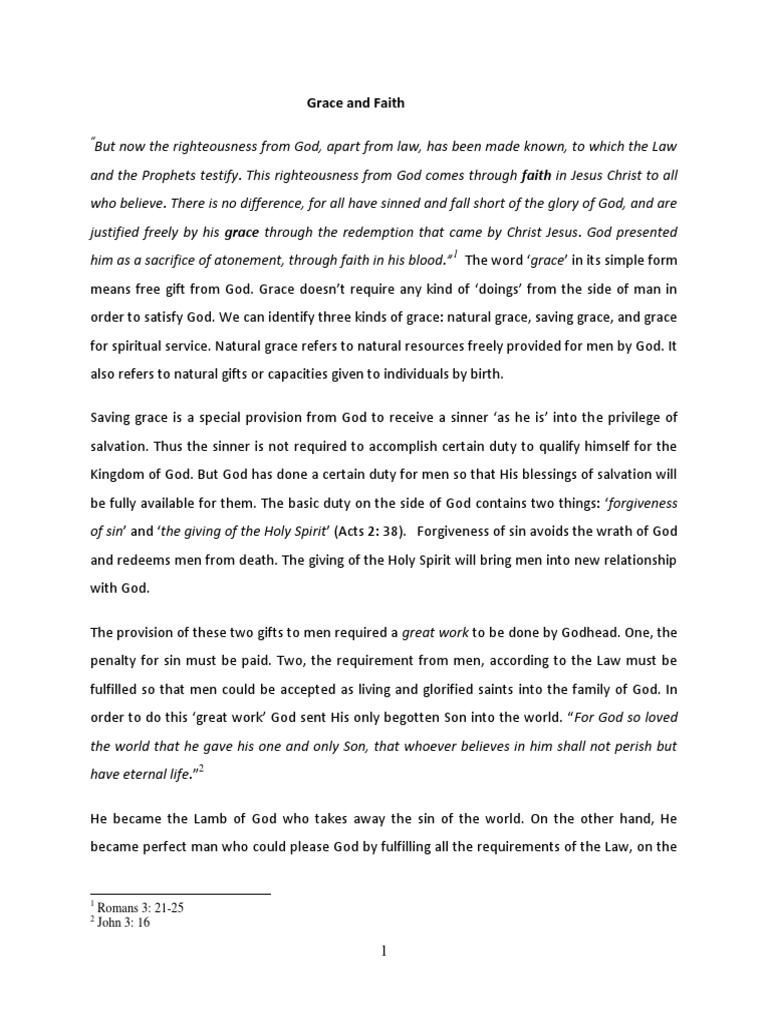The Methodist faith, a vibrant branch of Christianity, is distinguished by a profound emphasis on grace, scripture, and community. This tradition, rooted in the teachings of John Wesley in the 18th century, encapsulates a distinctive approach to experiencing faith and living out the principles of Christianity. Understanding the Methodist faith entails a comprehensive exploration of its theological framework, its historical context, and its communal practices, which collectively invite believers to embody a lived faith marked by grace.
At the heart of Methodist theology lies the concept of grace, viewed as God’s unmerited favor toward humanity. Methodists assert that grace is foundational for salvation, serving as the conduit through which individuals experience divine love. The Wesleyan understanding of grace encompasses various dimensions, including prevenient grace, justifying grace, and sanctifying grace. Prevenient grace refers to God’s initiative in drawing individuals toward salvation, working in their lives to cultivate a sense of spiritual awareness. This notion posits that before a person becomes aware of their need for God, divine grace is already at work, beckoning them toward a relationship with the Creator.
Justifying grace follows as a pivotal moment wherein one accepts God’s offer of salvation through faith in Jesus Christ. This grace is not a mere imputation of righteousness but rather a transformative experience wherein the believer is reconciled with God. This reconciliation prompts an authentic transformation, a theme that resonates powerfully throughout Methodist teachings. It emphasizes that salvation is not the conclusion of the journey but the beginning of a lifelong pursuit of holiness and love.
Sanctifying grace, then, represents the ongoing work of the Holy Spirit in the believer’s life, fostering spiritual growth and moral integrity. In this process, Methodists believe that believers are called to pursue a life of holiness, manifesting the fruits of the Spirit in their everyday interactions. This holistic understanding of grace cultivates not only a personal relationship with God but also a deeper sense of responsibility toward others, engendering a community rooted in love, compassion, and service.
Scripture holds a central role in the life of the Methodist faith. The Bible, as the inspired word of God, serves as the primary authority guiding believers in their beliefs and practices. Methodists embrace a method of interpretation that seeks to understand scripture not only through a historical and literary lens but also through the lens of reason, tradition, and experience—an approach famously known as the Wesleyan Quadrilateral. This methodological framework encourages believers to integrate diverse sources of insight to form a robust faith. The Bible is not merely a collection of ancient texts; it is a living and breathing document that continues to speak into the lives of contemporary believers.
This commitment to scripture is evidenced in worship, education, and personal devotion. Methodists prioritize the reading and preaching of scripture within the context of communal worship, acknowledging that engagement with the divine word fosters spiritual growth and community formation. Moreover, Sunday school classes and Bible study groups function as fertile grounds for deepening one’s understanding of God’s word, allowing individuals to wrestle with complex theological concepts and moral dilemmas through communal discourse.
In addition to grace and scripture, community emerges as an indispensable facet of the Methodist tradition. The communal aspect of faith is evident in the historical practice of class meetings instituted by John Wesley, wherein small groups of believers would gather to share their experiences, engage in accountability, and support one another in their spiritual journeys. This tradition of communal living encourages individuals not merely to attend church services but to actively participate in the life of the congregation and the broader world.
Methodist communities often reflect a commitment to social justice, driven by the belief that faith is lived out through action. The practice of love, especially for the marginalized and oppressed, permeates Methodist social teaching. This emphasis on activism is grounded in Jesus’s call to love one’s neighbor and to care for “the least of these.” Whether through outreach programs, advocacy for equitable policies, or direct service to those in need, Methodists strive to embody a faith that is both transformative and restorative.
A common observation regarding Methodism is its unique ability to bridge diverse perspectives within the broader Christian tradition. This inclusivity fosters an environment where differing theological interpretations can coexist. While doctrinal differences exist among various denominations, the Methodist commitment to grace creates a space where dialogue persists, enabling believers to seek common ground and engage in meaningful relationships despite theological distinctions. This approach generates a dynamic and multifaceted understanding of faith, inviting theological exploration while maintaining a core commitment to the essentials of Christianity.
The fascination with Methodist faith lies in its intersectionality—its capacity to engage with contemporary issues of morality, justice, and the human condition through a lens of grace and scripture. This remarkable adaptability shines a light on the dynamic nature of faith in action. As believers grapple with modern challenges, the theological underpinnings of Methodism provide a framework for navigating complexities while remaining rooted in a tradition that celebrates divine grace, scriptural authority, and vibrant community. Such a faith is not static but ever-evolving, beckoning its adherents to explore and embrace the breadth of God’s call in their lives.
In summary, the Methodist faith presents a distinctive celebration of grace, grounding its teachings in scripture, while fostering a sense of community. It serves as an exemplar of a faith journey marked by continual growth, transformation, and an active engagement with the world. Through grace, believers are invited to embrace a life that reflects God’s love and justice, resonating with the original call to discipleship that transcends time and cultural boundaries. In this manner, Methodism stands as a compelling witness to the Christian faith, inviting all to experience the grace that calls, transforms, and unites.



